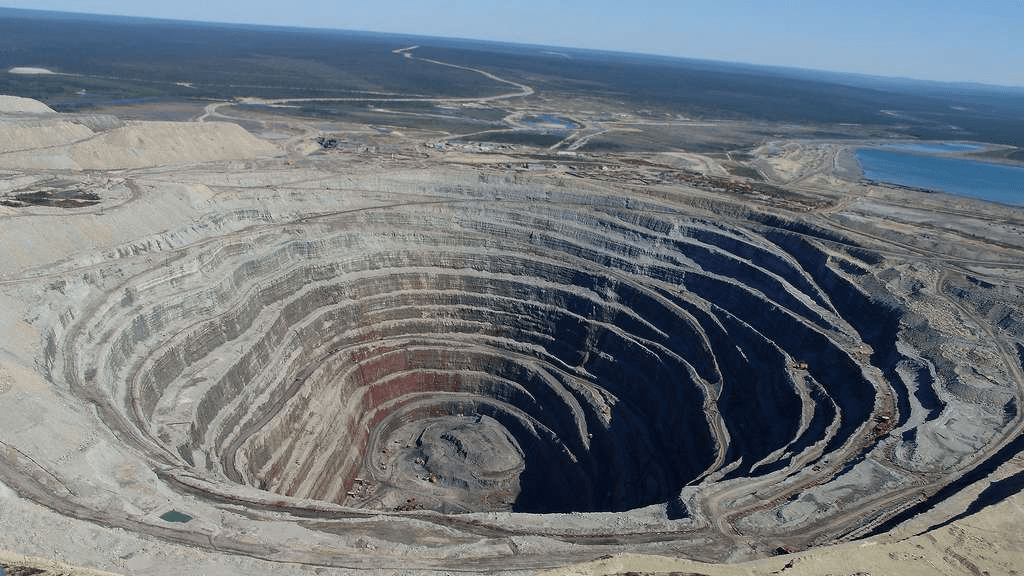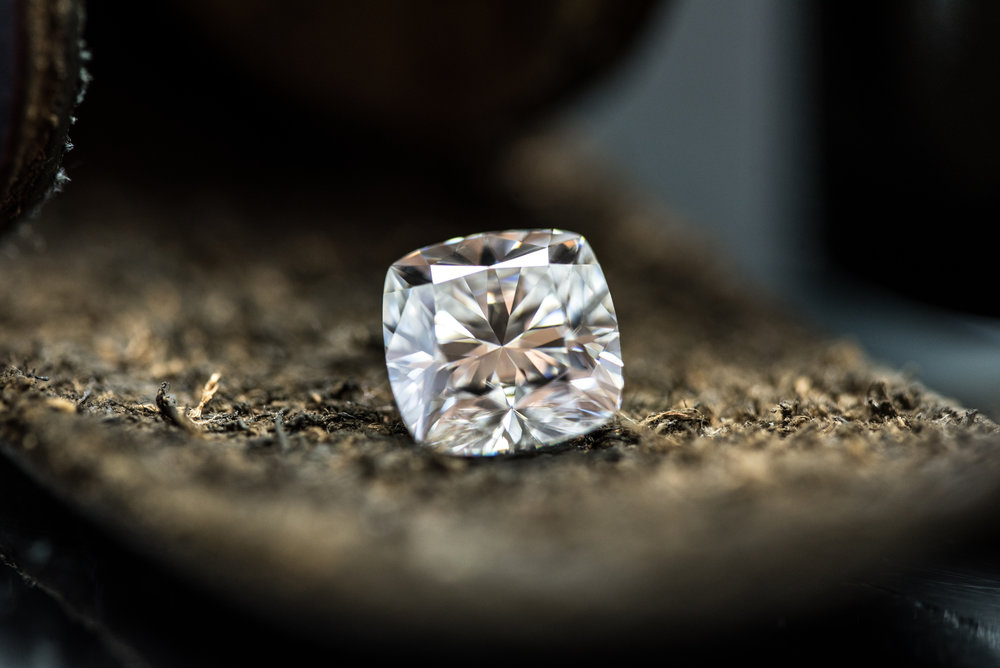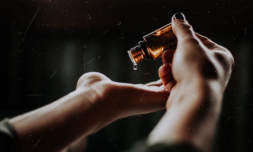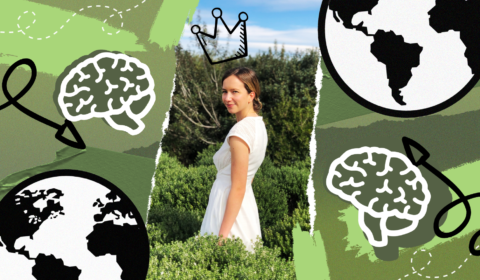Pandora is ditching raw materials associated with unethical production methods, instead opting for sustainable alternatives that are near identical without being morally bankrupt.
Pandora has outlined plans to stop using natural, mined diamonds in all of its products. Last year it sold 50,000 diamonds in alone and makes more pieces of jewellery than any other company in the world, making this a significant shake-up for the industry.
It’s part of a broader strategy to ditch raw materials associated with unethical production methods that are quickly losing appeal among young consumers.
According to marketing agency The MVEye, 70% of both Gen Z and Millennials – who together are the primary buyers of conventional diamonds – claim to prefer scientifically identical, sustainable alternatives.
I’m referring to lab-grown diamonds which are chemically, physically, and aesthetically indistinguishable (the only difference being how they’re formed) from the real thing. They’ve become the ideal option for a new generation of diamond-enthusiasts concerned about the future of their planet.
This is because they don’t involve the same conflict-ridden, problematic process that mining for natural diamonds does. Despite decades of reform, it remains cause for significant concern due to its inherently negative environmental and humanitarian impact.


The situation is particularly dire in Africa, where huge portions of land and wildlife are regularly displaced by the damaging diesel generators required to extract natural diamonds from the Earth.
Not to mention the extreme manual labour associated with the practice. Millions of African miners earn less than a dollar a day working in unsafe and unsanitary conditions.
To combat these issues is the relatively self-explanatory concept of lab-grown diamonds. These are manufactured by scientists in controlled settings, dramatically shortening the length of the process. Considering you’d have to wait three billion years for a single ring otherwise, this is a huge plus compared to natural methods.
Just like the real thing, they’re formed using extreme pressure and heat (around 1,500°C to be exact), but with a hydrocarbon gas mixture that’s inside a machine rather than one hundreds of miles underground.
This technique spurs carbon atoms to be deposited on a small seed diamond, transforming into a crystal layer by layer.
The technology behind this has seen crucial improvements as of late and demand, it seems, is growing exponentially.
‘Although the shift to a more ethical, sustainable and affordable offering of diamonds has been gradual, 2019 was a turning point,’ explains the founder of lab-grown diamond jewellery label, Matilde.
‘Forbes has reported that in 2019, demand for lab-grown diamonds had increased by 20%, while the rough diamond market suffered a 25% decline in sales.’





















